Treatment Innovations
-
Facebook
-
Twitter
-
Linkedin
Innovations in cancer treatment are transforming patient care by introducing more precise, effective, and less invasive therapies. Immunotherapy, including checkpoint inhibitors and CAR-T cell therapy, has revolutionized cancer care by harnessing the immune system to target and destroy cancer cells.

Dwyane Wade Reveals He Had Part Of Kidney Removed As Result Of Cancerous Tumor
Former NBA star Dwyane Wade revealed on his podcast that he had to have part of his kidney removed as the result of a tumor.

How ‘Prehab’ and Rehab Can Change the Game for Lung Cancer Patients
Participating in a supervised exercise and education program prior to treatment may improve recovery and survival. ‘Prehabbing’ can also help make surgery viable for lung cancer patients who weren’t candidates before.
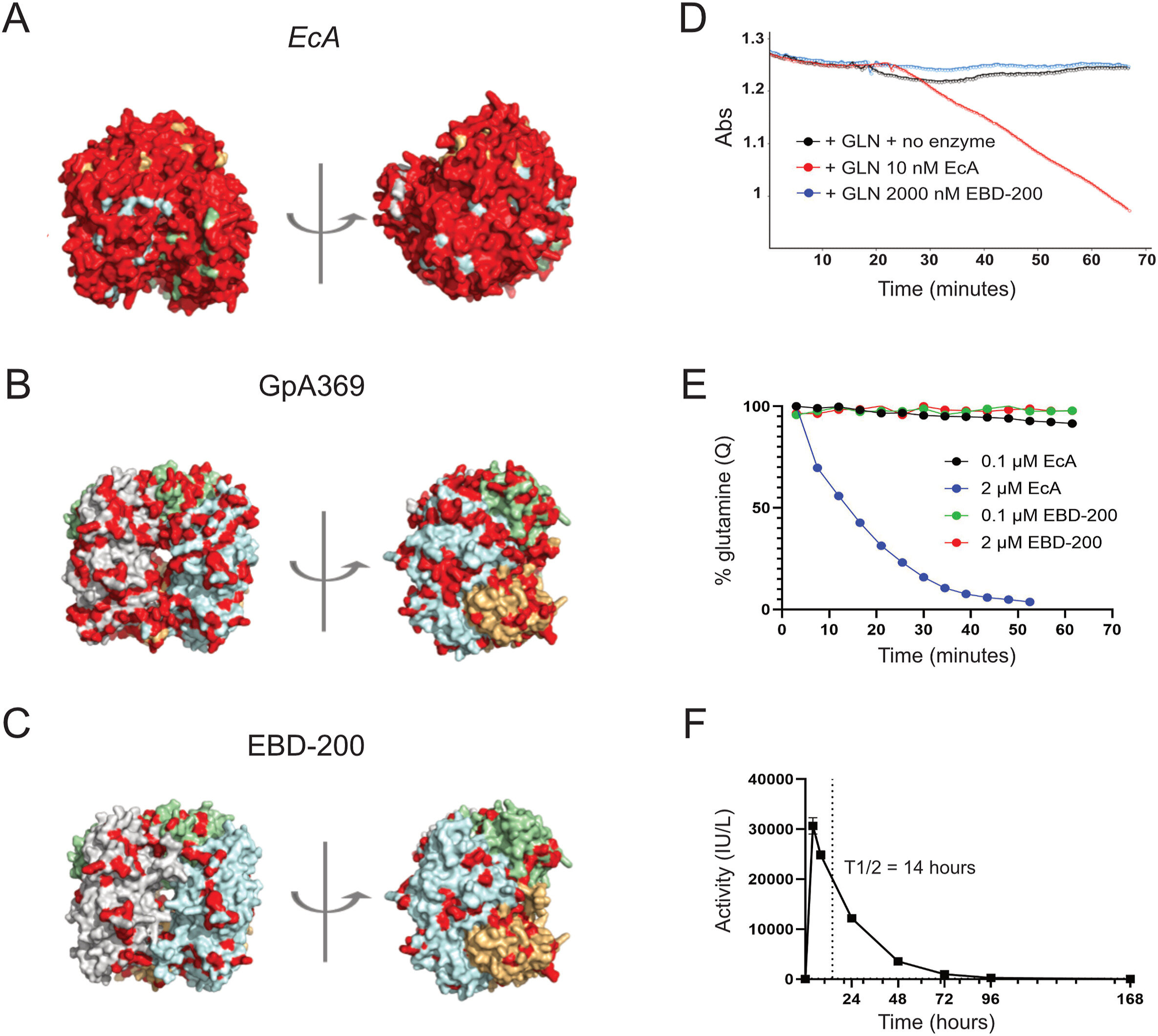
How scientists redesigned an effective cancer therapy to make it safer
University of Illinois Chicago scientists have redesigned a treatment for the most common pediatric leukemia to eliminate its severe side effects, like blood clots and liver damage. If approved, the new drug may be tolerated by a broader range of leukemia patients and even be used to treat other cancers.

Restaurant critic Giles Coren reveals he has prostate cancer
Award-winning food and drink writer says he only asked for test thanks to Stephen Fry and Chris Hoy raising awareness
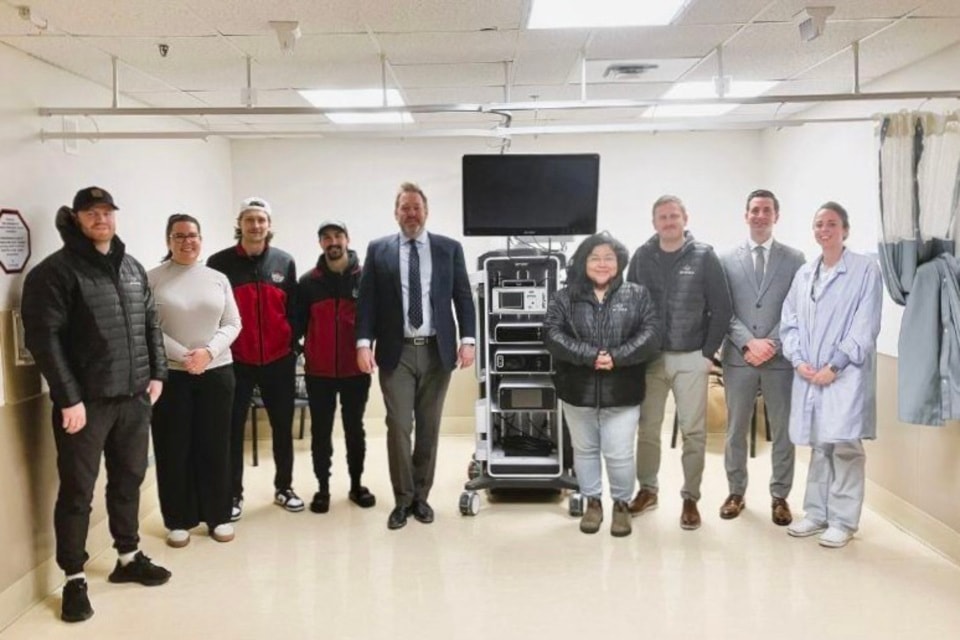
Moffitt Cancer Center Announces New Proton Therapy Treatment
Moffitt Cancer Center has introduced a new proton therapy treatment, offering advanced options for cancer patients.

Strutting Into Year 11 With Metastatic Breast Cancer
After living with metastatic breast cancer for 11 years, I reflect on my journey and plan to embrace the coming year with confidence and self-advocacy.
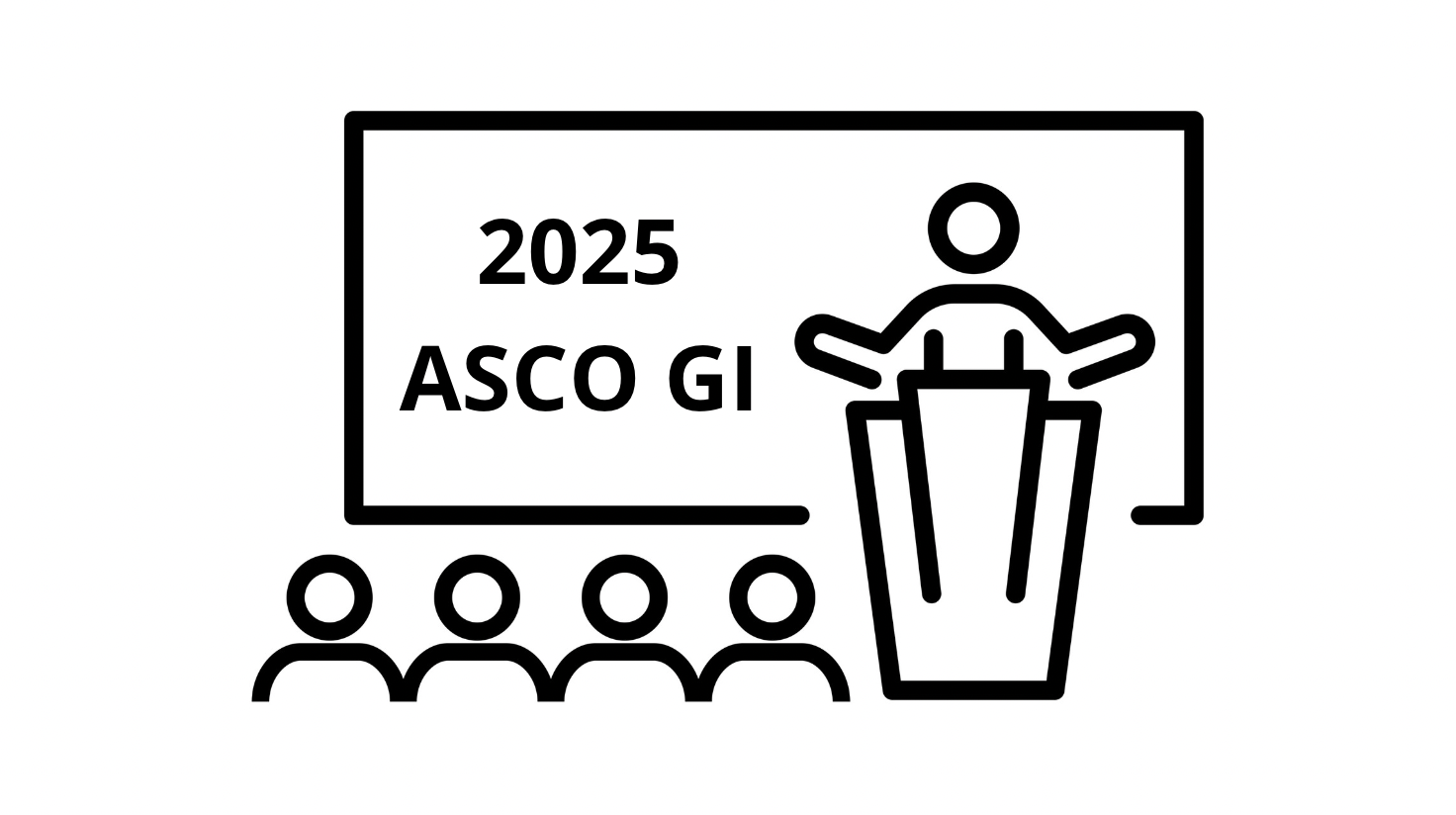
Early Palliative Care Improves EOL Comfort in Colorectal Cancer
Early palliative care reduces invasive interventions and enhances comfort at EOL for CRC patients, according to real-world study results.
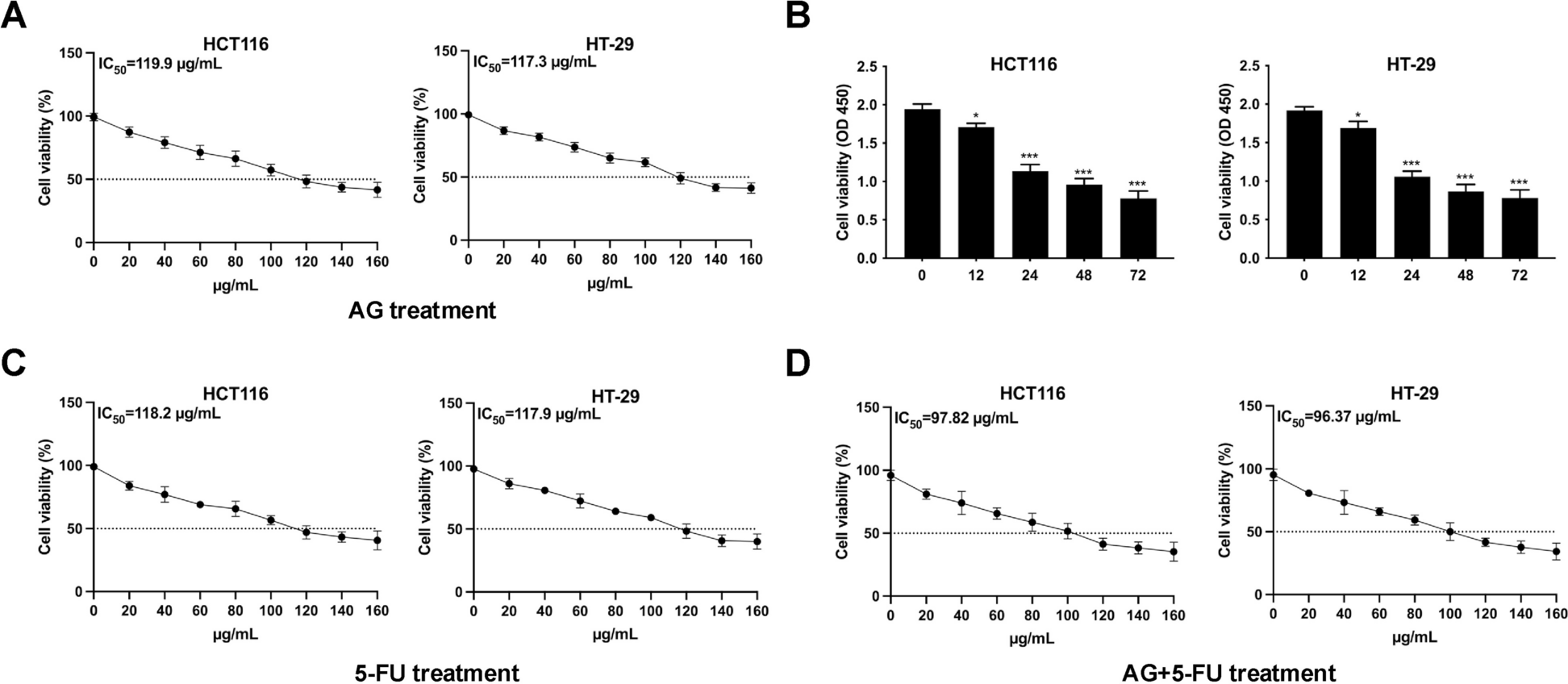
Amarogentin suppresses cell proliferation and EMT process through inducing ferroptosis in colorectal cancer – BMC Gastroenterology
Background Colorectal cancer (CRC) is one common tumor with the high death rate, and badly affects the normal lives of CRC patients. Amarogentin (AG) has been found to exhibit regulatory roles and join into the progression of multiple diseases. However, the regulatory impacts and associated molecular mechanisms of AG in CRC progression keep unclear. Methods and results In this study, it was demonstrated that AG weakened CRC cell viability in a concentration- and time-dependent manner. In addition, AG accelerated cell apoptosis by triggering ferroptosis. The cell invasion and EMT process were restrained after AG treatment, but these impacts were reversed after Fer-1 addition. Moreover, it was uncovered that AG retarded Nrf2/HO-1/GPX4 activation. Additionally, AG modulated PTC cell viability and stimulated ferroptosis. At last, it was illustrated that AG suppressed tumor growth in vivo. Conclusion In conclusion, it was disclosed that AG suppressed cell proliferation and EMT process through inducing ferroptosis in CRC, and retarded Nrf2/HO-1/GPX4 activation. This discovery suggested that AG may be one effective drug for ameliorating CRC progression.

Gene discovery revolutionizes the detection and treatment of prostate cancer
A recent gene discovery has the potential to revolutionize how prostate cancer is detected and treated, offering new hope for patients.
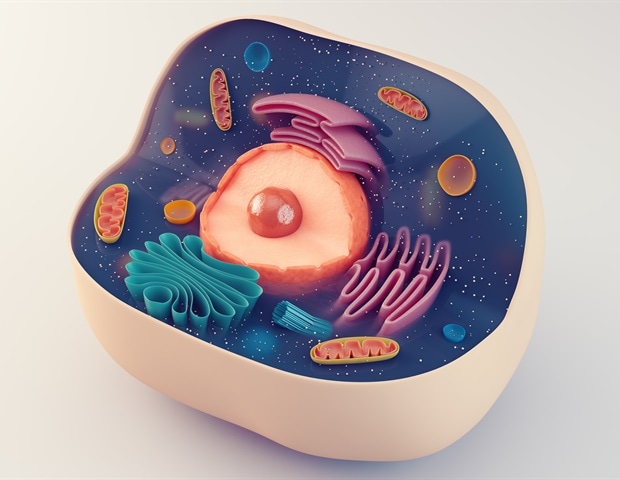
Baptist MD Anderson to launch cellular therapy, stem cell program – The Ponte Vedra Recorder
As part of Baptist Health’s ongoing work to advance cancer care in Northeast Florida and Southeast Georgia, the health system is launching a Stem Cell Transplantation and Cellular Therapy Program …

Clean energy is key to reducing lung cancer deaths • Wisconsin Examiner
We must come together to combat air pollution and move to clean energy to prevent more needless deaths from lung cancer.

Clinical Studies Conducted at Florida Cancer Specialists & Research Institute Expanding Treatment Options and Improving Outcomes for Patients with Gastrointestinal and Genitourinary Cancers
/PRNewswire/ — Clinical research conducted at Florida Cancer Specialists & Research Institute, LLC (FCS) is expanding treatment options and contributing to…
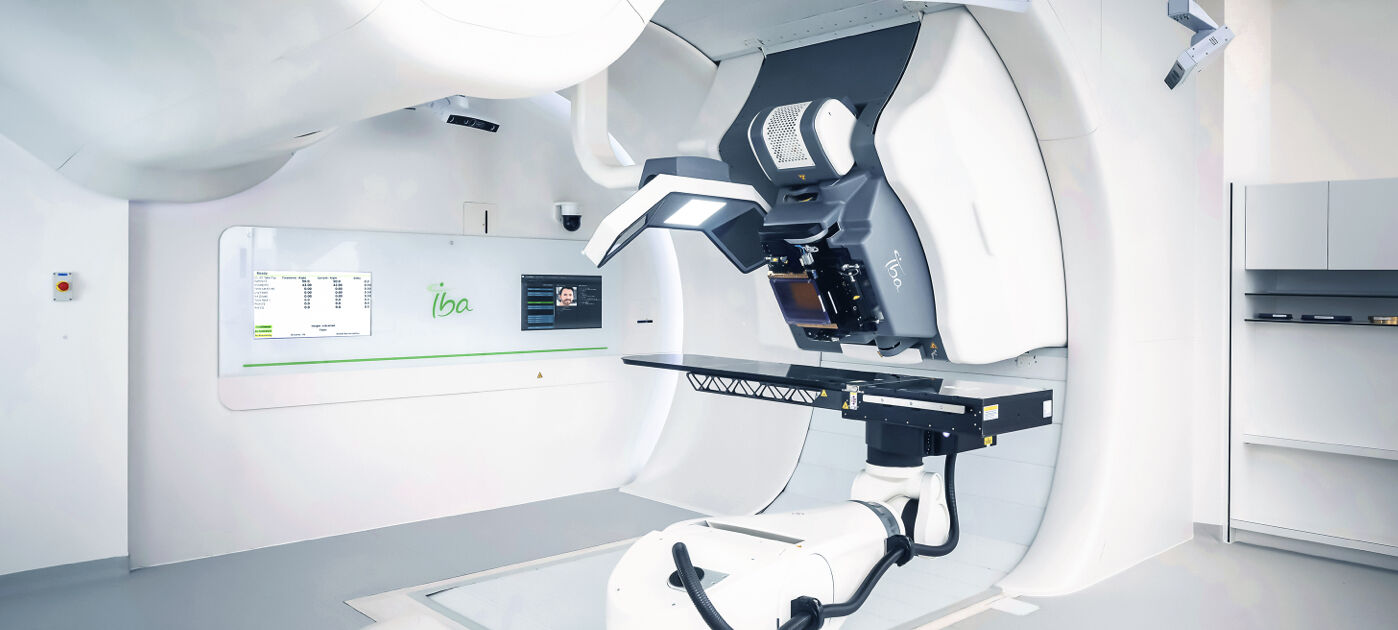
Woman with cancer reveals the diet she says saved her life
A woman diagnosed with cancer shares her personal story and the dietary changes she believes were crucial in her recovery.

GLP-1 RAs Tied to Higher Thyroid Cancer Risk in First Year of Treatment
THURSDAY, Jan. 30, 2025 (HealthDay News) — The absolute risk for thyroid cancer is low among patients receiving glucagon-like peptide-1 receptor agonist (GLP-1
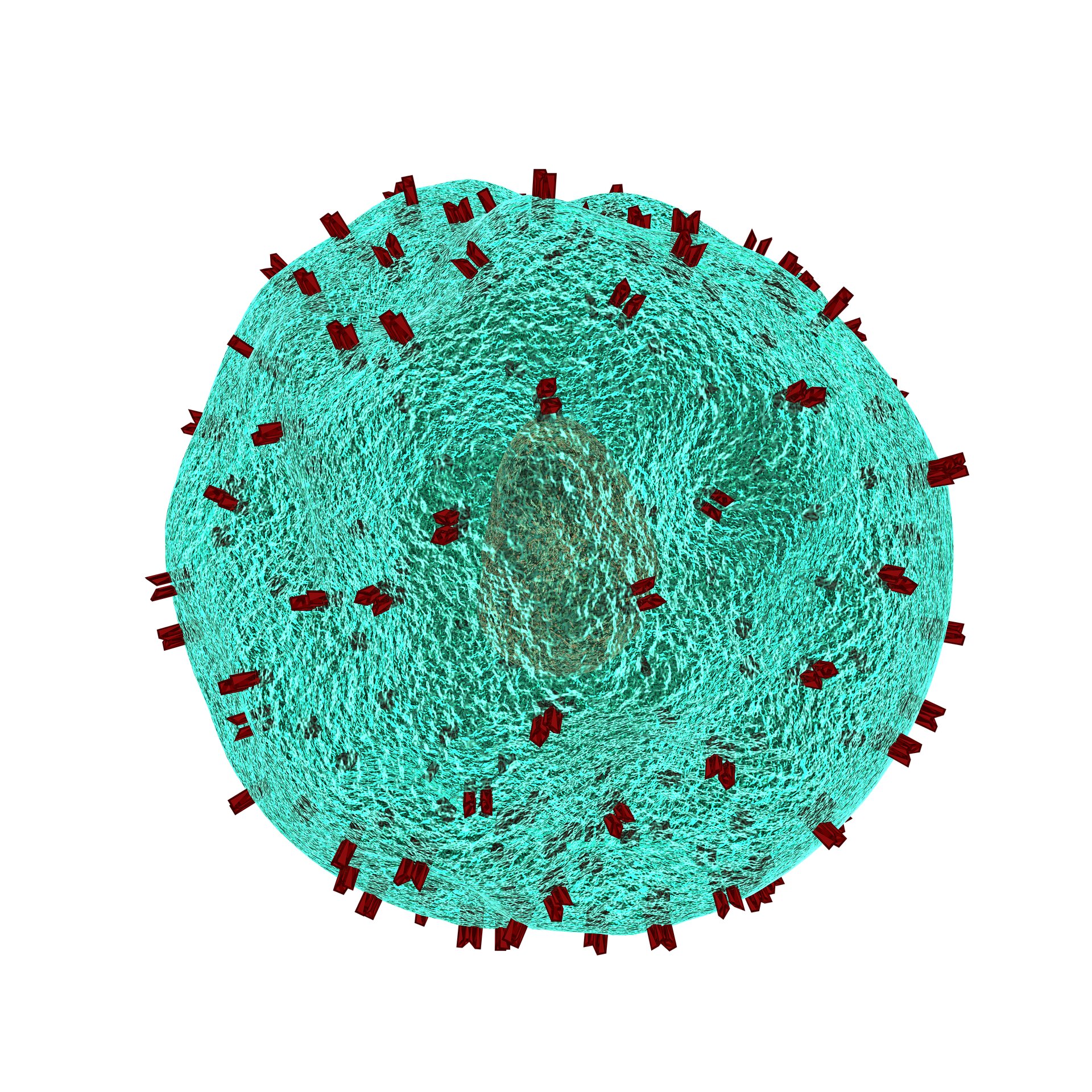
Viral protein Nef enables a step toward off-the-shelf CAR T cell therapy for cancer
CAR T cell therapy is one of the most promising new cancer treatments to emerge in recent years. It involves removing a patient’s own immune T cells and engineering them to recognize specific targets on the surface of the cancer cell.
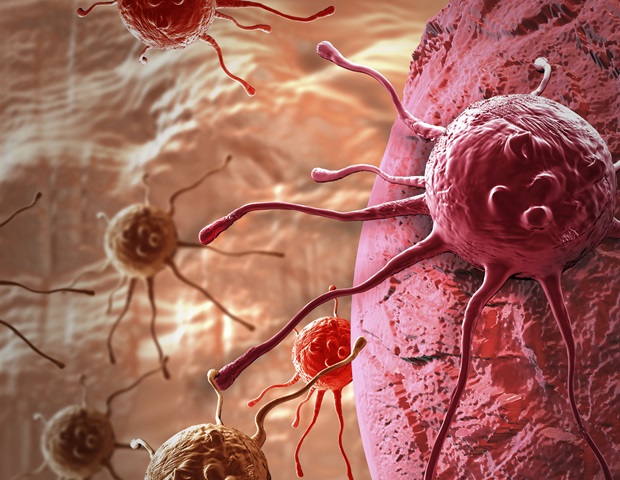
New research shines light on position-specific hallmarks of cancer
A team led by the Cancer Immunogenomics group at the Josep Carreras Leukaemia Research Institute, the Computational Biology group at the Barcelona Supercomputing Center and the Germans Trias i Pujol Research Institute shows, for the first time, that within a tumor, the expression of the different hallmarks of cancer is not cell-specific, but rather position-specific.

MPS2 test validated for detection of high-grade prostate cancer in non-DRE urine
“MPS2 could potentially improve the health of our patients by avoiding overdiagnosis and overtreatment and allowing us to focus on those who are most likely to have aggressive cancers," says Ganesh S. Palapattu, MD, FACS.

Dewpoint Therapeutics Announces DPTX3496 as a Development Candidate for the Treatment of Colorectal, Breast, and Lung Cancers
Dewpoint Therapeutics has announced the selection of DPTX3496 as a

Researchers use “hallmarks of cancer” to understand tumour growth
A team led by the Cancer Immunogenomics group at the Josep Carreras Leukaemia Research Institute, the Computational Biology group at the Barcelona Supercomputing Center and the Germans Trias i Pujol Research Institute shows, for the first time, that within a tumour, the expression of the different hallmarks of cancer is not cell-specific, but rather position-specific.

World Cancer Day 2025: Progress in Awareness and Treatment – The Open News
World Cancer Day, an annual global event aimed at increasing awareness of cancer, advancing education, and spurring action to eradicate the illness, is celebrated on February 4th. As World Cancer Day 2025 approaches, it’s a chance to acknowledge the enormous progress that has been made in cancer awareness, early detection, and treatment while also acknowledging […]

Research Spotlight: Advances in Pancreatic Cancer Research and Key Insights from ASCO GI 2025
PanCAN Chief Scientific & Medical Officer Dr. Anna Berkenblit outlines the latest advances in pancreatic cancer and offers key insights from ASCO GI 2025.

AI-powered breast screening helps women detect breast cancer early
A casual stroll down San Francisco’s Union Street in early January led 38-year-old Jenna Williams to a life-saving discovery.
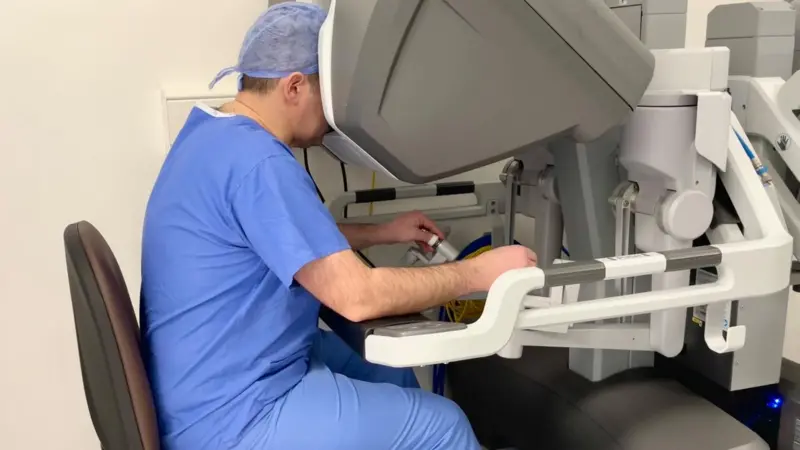
Can robots like Roxy revolutionise cancer surgery?
n operating theatre D at Glasgow’s Royal Infirmary, gynaecological oncologist Dr Kevin Burton is directing four arms of a robot, affectionately named Roxy.

A simpler, safer treatment for aggressive breast cancer
A simpler, safer treatment for aggressive breast cancer






